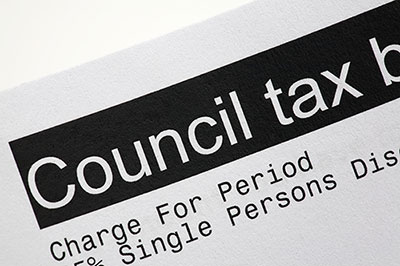Telecoms
Empowering customers to take control of their landline plans
2021
PARTNERS
Ofcom
Share
We worked with a UK telecommunications provider and Ofcom to test the most effective communications to engage some of the provider’s least engaged customers, prompting many to switch to a better suited calling plan.
In October 2017, a UK telecommunications provider voluntarily agreed to lower the price of phone lines for customers who have only a voice contract and no broadband. The telecommunications provider also agreed to work with Ofcom to run randomised controlled trials (RCTs) to understand how to best engage voice-only customers, as they tend to be older, less technologically savvy, and less likely to take advantage of updated and improved service offers compared to broadband customers.
We designed 6 different letters intended to remove barriers for voice-only customers to engage with the provider. The goal was to find the most effective way to engage the customers who had the most to gain by engaging.
Designing letters to encourage engagement
Voice-only customers may not engage with the market as readily as tech-savvy broadband customers. By encouraging them to engage, the provider could ensure that they were empowering their most vulnerable customers to identify contract deals most suited to their needs.
To this end, we set out designing 6 behaviourally informed letters intended to prompt engagement in this customer segment, based on our previous work and a vast body of literature on customer engagement. The letters focused on removing either the rational barriers to switching phone plans, such as the time it takes to learn a new technology, or the psychological barriers, such as the outsized perception of how difficult it is to find a better plan.
Empowering customers to get the phone plans that best suit their needs
Of the six letters we designed and tested, the most effective one emphasised the benefits of switching landline plans and led to an 8.8% increase in customer engagement compared to customers who did not receive a letter. While this letter led to an increase in engagement, a different letter which included the same information in addition to an encouragement to hire a broadband plan did not result in any increased engagement, suggesting that overburdening customers with information that is not relevant to them can cancel out the benefits of effective messages.
In addition, we found that customers who received the most basic letter, which simply informed them of the possibility of switching plans, were less likely to engage with the provider than were customers who did not receive a letter. This finding suggests that simply reminding customers to engage may backfire unless they are also presented with succinct and relevant information on how and why to engage.
Much of the engagement prompted by the most effective letters was driven by customers who chose to switch their calling package or close their account entirely, which is an indication of a relatively inexpensive intervention resulting in meaningful changes.
Finally, we surveyed a representative sample of customers who had participated in the study to understand how receiving the letters had impacted their perceptions and experiences. We found strong evidence that some of the letter designs improved customer experience and may have led more people to actively take actions to inform themselves about their calling plan options.






























